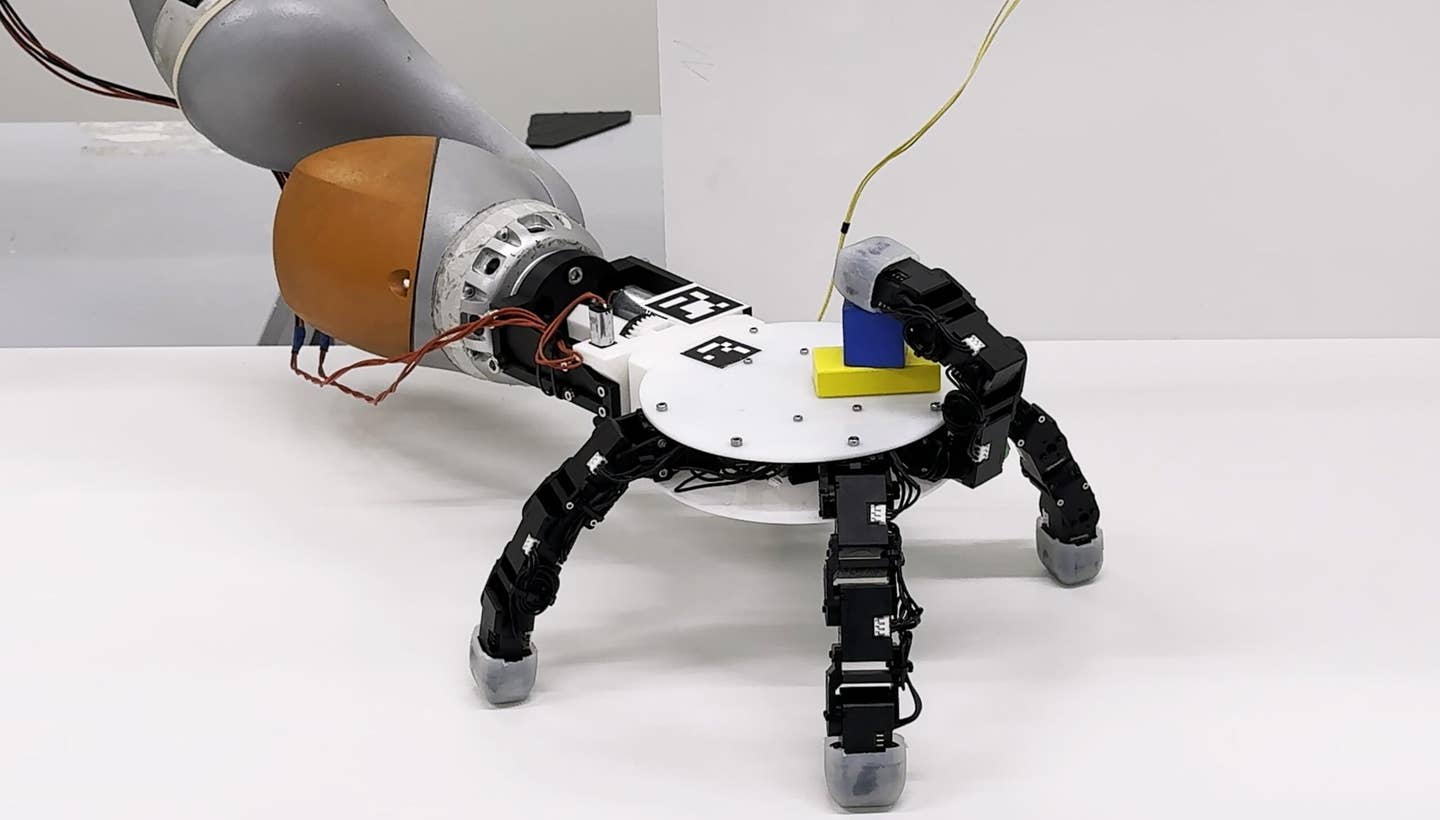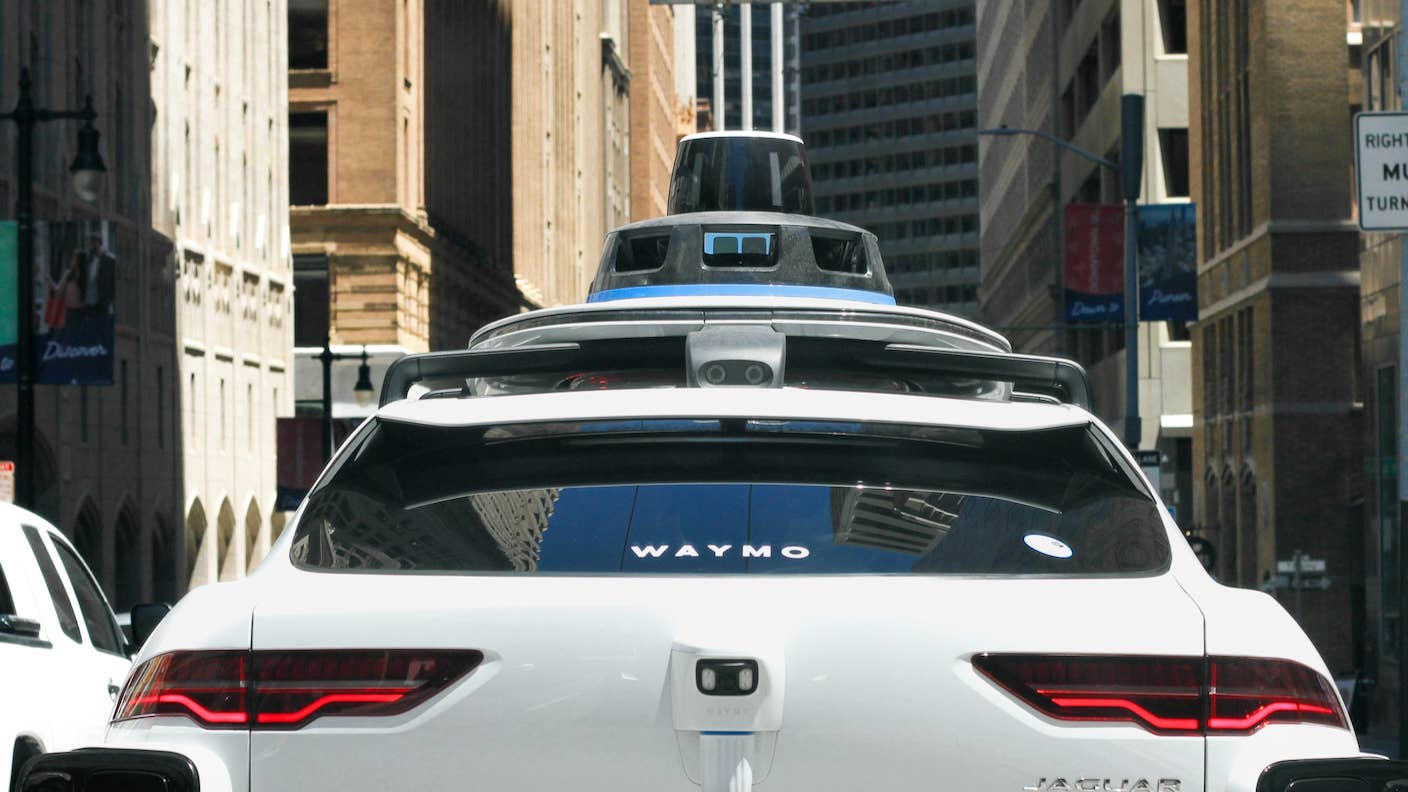Welcoming Your New Robot Overlords

Share
Last year at the second annual Bay Area Art & Science Interdisciplinary Collaborative Sessions (BAASICS), I was invited to give a brief presentation on any future-related topic I wished. As a Singularity Hub alum there was only one real option: robots. More specifically, why the concept of the “robot uprising” is simultaneously ridiculous and prophetic.
Weaving together pop culture, industrial statistics, and techno-optimism in what I hope is an entertaining manner, this BAASICS talk aims to persuade even the most hard-headed Luddite to reconsider their stance and “welcome their new robot overlords”:
Many of the themes explored in this presentation were derived from the observations and articles created while I worked at Singularity Hub. My opinions on the absurdity of robots in mainstream fiction, the continuous advancement of industrial automation, and Ray Kurzweil's persuasive graphs on the exponential growth of intelligence are all standard issue concepts for those of us who like to stay abreast of the cutting edge of modern technology. These same ideas, however, are far from ordinary to the majority of our 21st Century peers, which is why it was so rewarding to see how well my silly little robot presentation was received by the BAASICS audience.
BAASICS, now in its third year, is an ongoing effort to bridge the gap between science and the arts with colorful presentations, performances, and discussions -- all provided for free to the San Francisco, and online, community. Like the juggernaut TED conference or the more indy BIL conference, BAASICS seeks to fire imaginations while informing attendees about the wondrous natural and technical world around them. Produced by Selene Foster and Christopher Reiger, BAASICS is an organization worth watching as online video continues to develop as a powerful tool to connect local innovators with global audiences.
As a prediction of the future, my presentation on robot overlords has little chance of standing the test of time. Even now, barely a year later, the statistics I quote and the examples I use seem outdated. Foxconn is well underway with its march towards a million industrial robots, and the latest wave of research quality machines are smarter, faster, and more creative than ever. If automation continues at this pace, I'll soon be outdistanced by the reality of robotics.
Be Part of the Future
Sign up to receive top stories about groundbreaking technologies and visionary thinkers from SingularityHub.


It's not the winner of the race, however, that really matters – it's the destination. Whether it takes us a few decades or a few centuries, humanity should eventually arrive at a world where machines do the majority of the work, both physical and intellectual. Creativity -- our last best hope for a human skill impervious to robotic emulation -- is already showing signs of invasion. I'll concede all my other points but this one: the future of labor belongs to machines. It's only a matter of time.
As a people then, the only real question remaining to us is the big question I presented at BAASICS: when the robots take over, what will they be like?
Maybe it's the optimist in me, maybe I've watched too many Kurzweil videos, or read too many tech articles online, but I think those robots will be, in part or whole, an extension of us. Homo sapiens are a species with a deeply symbiotic relationship with technology and I see no reason why that relationship would cease simply because the technology becomes more advanced. We may change, perhaps beyond all present recognition, but that bond between man and machine seems unbreakable.
In my own humble opinion, which I will peddle online, in person, and wherever else they let me speak, the future of automation is just another phase of humanity waiting to unveil itself. I have seen the robot overlords, and they are us.
Related Articles

This ‘Machine Eye’ Could Give Robots Superhuman Reflexes

This Robotic Hand Detaches and Skitters About Like Thing From ‘The Addams Family’

Waymo Closes in on Uber and Lyft Prices, as More Riders Say They Trust Robotaxis
What we’re reading